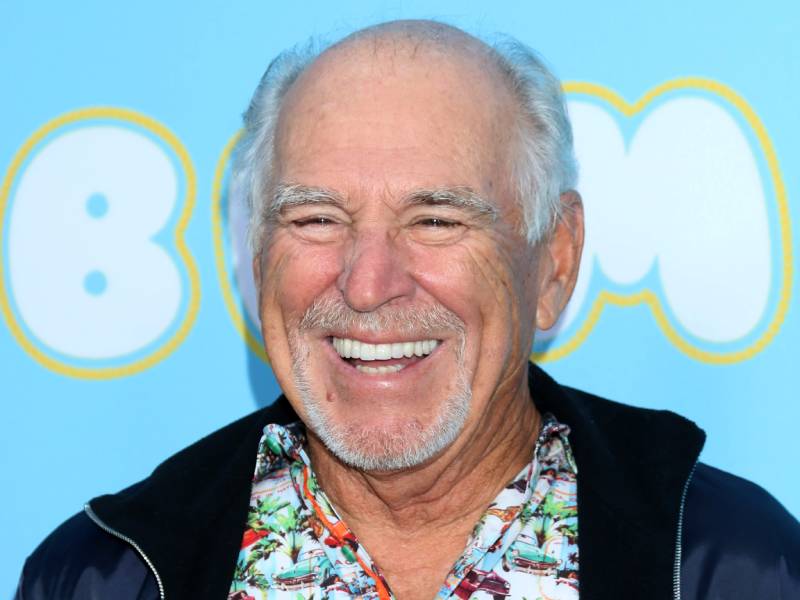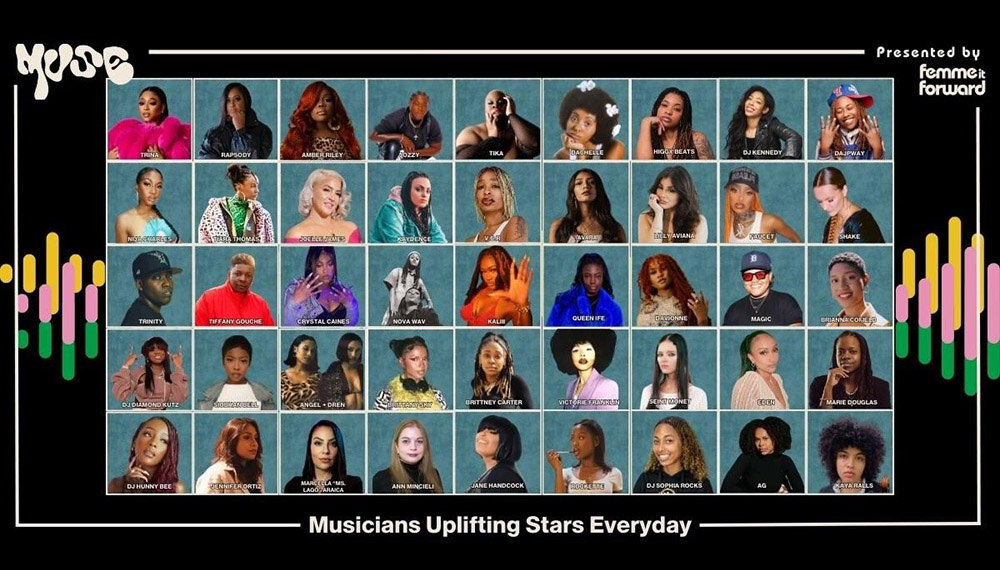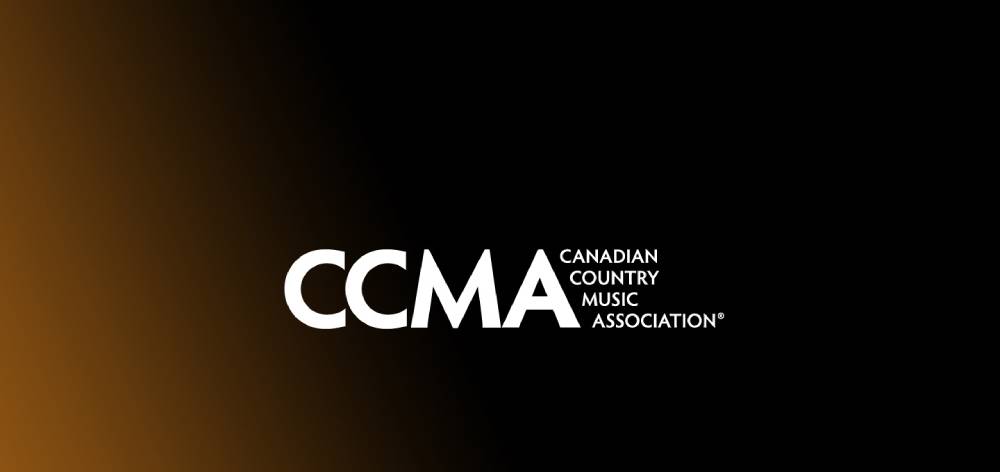WASHINGTON D.C. (Hypebot) — A recent ruling by the Department of Justice that ASCAP and BMI should be required to license the entirety of works that they were only partial owners of. The legal powers that be, however, recently ruled against the DOJ of this issue.
_______________________
Guest post by Stephen Carlisle of Nova Southeastern University
In the legal world, you just can’t make stuff up. I said it over a year ago. Now, two courts have said the same thing.
Recall back in July of 2016, The U.S. Department of Justice announced that going forward, performing rights organization ASCAP and BMI would have to end their practice of offering “fractional licenses.” In other words, ASCAP and BMI only licensed the rights that they had. Makes sense, right? Nope. “This must stop,” said the Department of Justice, “if you own part of the work, you must license the whole work.” Despite this rule contradicting the way the PRO’s have always done business, nothing in the consent decrees provided for this. At the time, I wrote that in effect the DOJ had simply made up a new rule, without complying with any of the formalities of issuing a new rule. 1
This led the DOJ to claim that the 100% licensing rule had always been a part of the consent decree, despite there being absolutely no language that indicated this. Again, they just made it up. BMI immediately took the matter to the Court that oversees the consent decree. The Court minced no words in ruling against the DOJ:
“Nothing in the Consent Decree gives support to the Division’s views.(emphasis added) If a fractionally-licensed composition is disqualified from inclusion in BMI’s repertory, it is not for violation of any provision of the Consent Decree. While the Consent Decree requires BMI to license performances of those compositions ‘the right of public performances of which [BMI] has or hereafter shall have the right to license or sublicense’ (Art. II(C)), it contains no provision regarding the source, extent, or nature of that right. It does not address the possibilities that BMI might license performances of a composition without sufficient legal right to do so, or under a worthless or invalid copyright, or users might perform a music composition licensed by fewer than all of its creators.”
The DOJ should have stopped right there. Instead, they took an appeal to the Second Circuit Court of Appeals. The DOJ fared no better.
“This appeal begins and ends with the language of the consent decree…[e]xtrinsic evidence does not assist the DOJ. The decree was amended in 1994 at a time when fractional licensing was apparently common practice. ‘If the parties had agreed to such a prohibition, they could have chosen language that would have established the sort of prohibition that the Government now seeks.’ [citation omitted]… To the extent DOJ asks us [to] read an additional requirement into the decree to advance these procompetitive objectives, we are foreclosed from doing so.” (emphasis added)
In fewer words, I was absolutely correct in my assessment. The DOJ had simply made the rule up to advance the policy they wanted.
Consider also the speed with which the Court reached this decision. The Second Circuit heard oral argument on December 1, 2017. The unsigned opinion was issued December 19, 2017. Appellate Courts usually take months to issue opinions. For example, the Florida Supreme Court heard oral argument in the Flo and Eddie case on April 6, 2017. It did not issue its opinion until October 26, 2017, a time of over 5 months, and in this case, issued a unanimous opinion.
The Second Circuit took less than 3 weeks to issue a unanimous opinion in BMI’s favor. This is warp speed for a Court of Appeals, and only underscores the complete lack of plausibility of the DOJ’s position.
It’s hard not to see Google’s hand in all of this. Attorney Renata Hesse did loads of legal work for Google as one of Google’s top anti-trust lawyers, only to show up at the DOJ as “the Deputy Assistant Attorney General for Criminal and Civil Enforcement, and then Acting Antitrust Chief ‘leading the Department’s efforts on intellectual property matters’.”
Indeed, so lamed brained was the DOJ proposal that Representative Doug Collins called for an investigation into the conflicts of interest at DOJ over its handling of the consent decrees following the announcement of the 100% licensing requirement.
This kerfuffle seems over for the time being. However, it is truly troubling that the DOJ essentially ignored all the due process requirements for issuing a new rule, and instead resorted to just making stuff up and then trying to ram it down the throat of songwriters.
Even more troubling is why the mere act of trying to earn a living as a songwriter is such a threat to the American way of life that the full weight of a powerful government agency is hurled against them.

























































